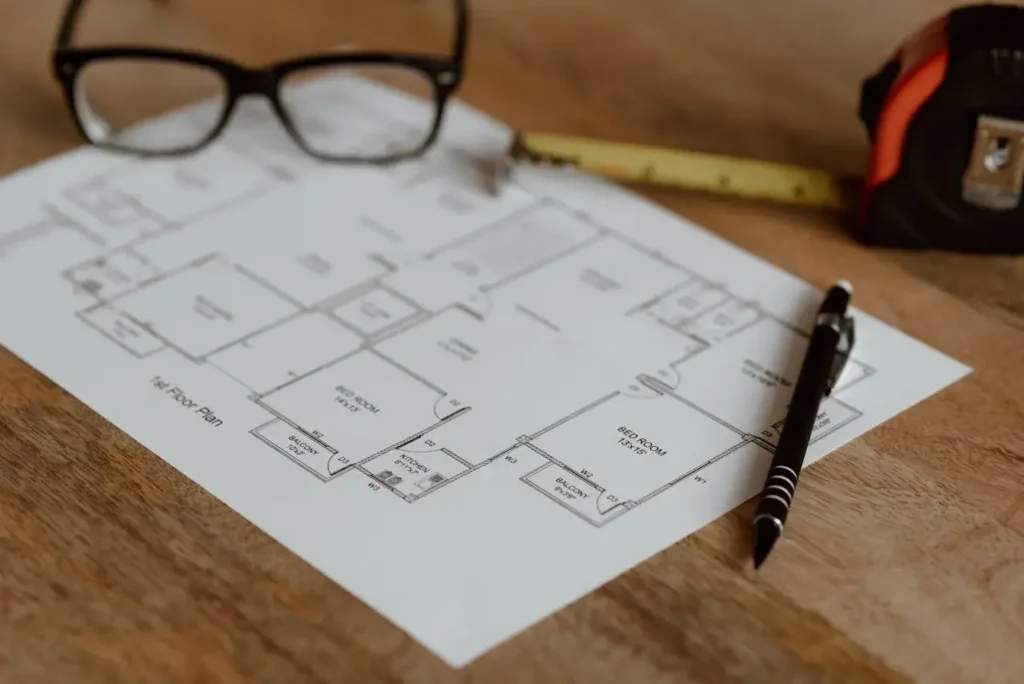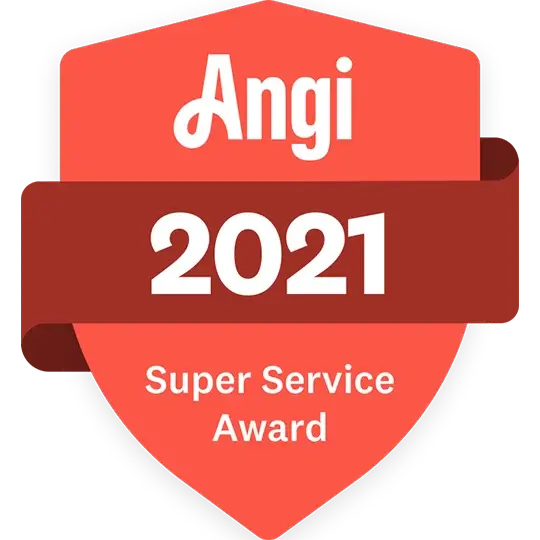Understanding Seattle’s 2025 Building Codes: What Every Homeowner Should Know
Table of Contents
Introduction to Seattle Building Codes
Building codes ensure the safety, functionality, and sustainability of residential and commercial properties. Seattle’s updated 2025 building codes reflect the city’s commitment to environmental sustainability, safety, and modernized housing solutions. Whether you’re planning renovations, adding a second story, or building a new home, understanding these regulations is crucial to avoid costly mistakes and delays.
Key Updates for 2025
Seattle has introduced several changes to its building codes to address modern challenges and improve urban living. Below are the most significant updates homeowners need to know:
Energy Efficiency Standards
Homes must now meet stricter energy efficiency benchmarks, including updated insulation requirements and energy-efficient HVAC systems.Sustainable Materials Mandate
Projects involving new construction or major renovations must use eco-friendly materials wherever possible.Seismic Resilience Improvements
Structures must adhere to enhanced seismic safety standards to better withstand potential earthquakes.ADU and DADU Flexibility
Accessory Dwelling Units (ADUs) and Detached Accessory Dwelling Units (DADUs) now have more flexible guidelines, promoting affordable housing options.Rainwater Management Requirements
Properties must implement rainwater management systems, such as rain gardens or permeable surfaces, to reduce stormwater runoff.

Why Building Codes Matter for Homeowners
Adhering to Seattle’s building codes ensures that your property:
- Meets safety standards to protect residents and visitors.
- Aligns with the city’s environmental goals, potentially reducing energy costs.
- Maintains or increases its market value.
- Avoids fines, penalties, or legal complications from non-compliance.
Ignoring these codes can lead to failed inspections, project delays, or even having to tear down non-compliant work.
Need an expert consultation?
Fill out the form to get 100% free consultation
Navigating the Permitting Process
Getting a permit in Seattle involves multiple steps, including:
- Determine the Permit Type: Identify whether you need a construction, electrical, or mechanical permit.
- Submit Your Application: Provide detailed plans and documentation to Seattle’s Department of Construction and Inspections (SDCI).
- Plan Review: The SDCI reviews your submission for compliance with building codes.
- Obtain Your Permit: Once approved, you can begin work under the issued permit.
- Inspections: Schedule inspections at various project milestones to ensure code adherence.
Tip: Work with licensed professionals who are familiar with Seattle’s permitting process to avoid delays.

Common Code Violations and How to Avoid Them
- Unpermitted Work: Always check if your project requires a permit before starting.
- Improper Electrical Wiring: Hire certified electricians to ensure compliance.
- Non-Compliant Staircases: Follow updated stair height and width regulations.
- Lack of Smoke and CO Detectors: Install devices in accordance with code requirements.
- Setback Violations: Ensure additions don’t encroach on property lines.
How to Work with Certified Professionals
Choosing the right professionals for your project can make a significant difference. Look for contractors who:
- Are licensed and insured.
- Have experience with Seattle’s building codes.
- Offer references from local homeowners.
- Communicate clearly about timelines and costs.

Conclusion
Seattle’s 2025 building codes are designed to enhance safety, sustainability, and livability. By staying informed and working with qualified professionals, you can navigate these regulations smoothly and bring your dream project to life.
7 Frequently Asked Questions About Building Codes
Building codes ensure the safety, sustainability, and functionality of structures, protecting both residents and the environment.
It depends on the scope of work. Cosmetic updates usually don’t require permits, but structural changes do.
The timeline varies based on the project size but can range from a few weeks to several months.
You’ll need to address the identified issues and schedule a re-inspection, potentially delaying your project.
Yes, but you’ll need to submit revised plans for approval before proceeding.
Non-compliance can result in fines, project halts, or even legal action, depending on the severity of the violation.
Visit the Seattle Department of Construction and Inspections (SDCI) website for detailed guidelines and resources.
Florida’s building codes promote energy-efficient practices. Depending on the scope of your renovation, you might need to consider using energy-efficient appliances, installing proper insulation, or utilizing specific window and door materials. This can translate to lower energy bills and a more sustainable home.












